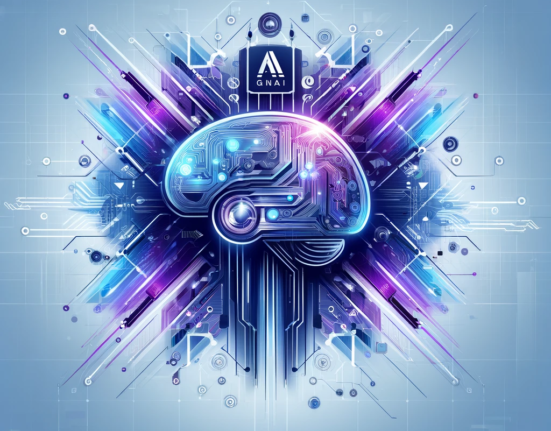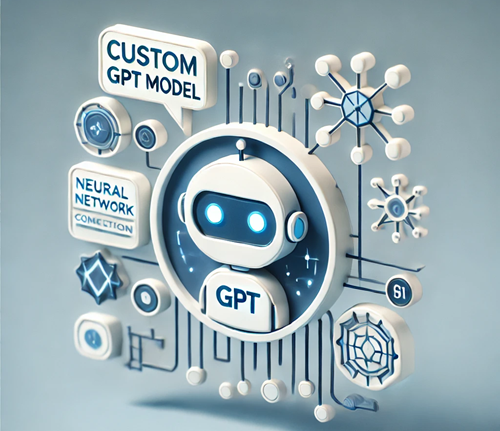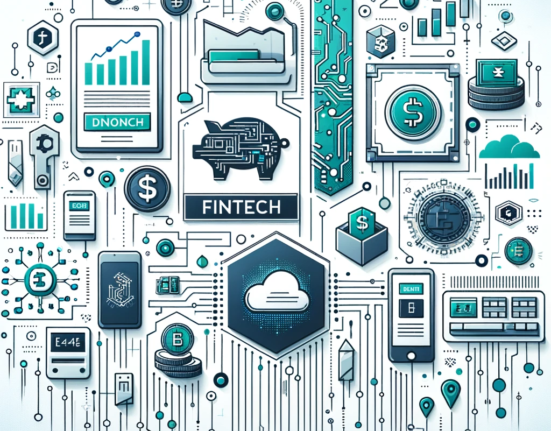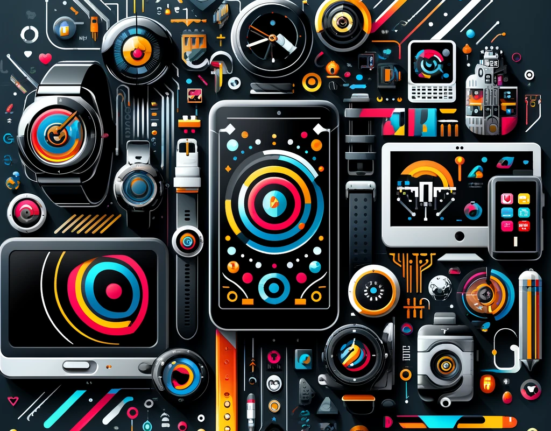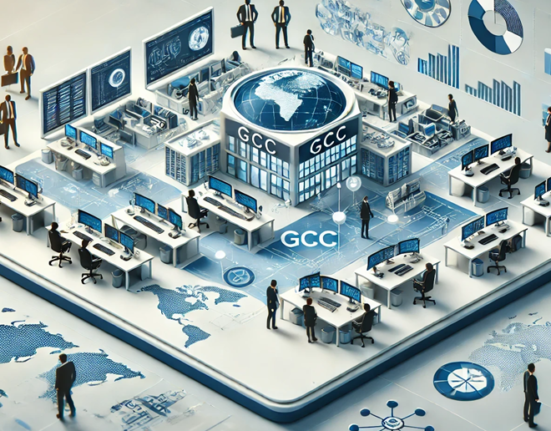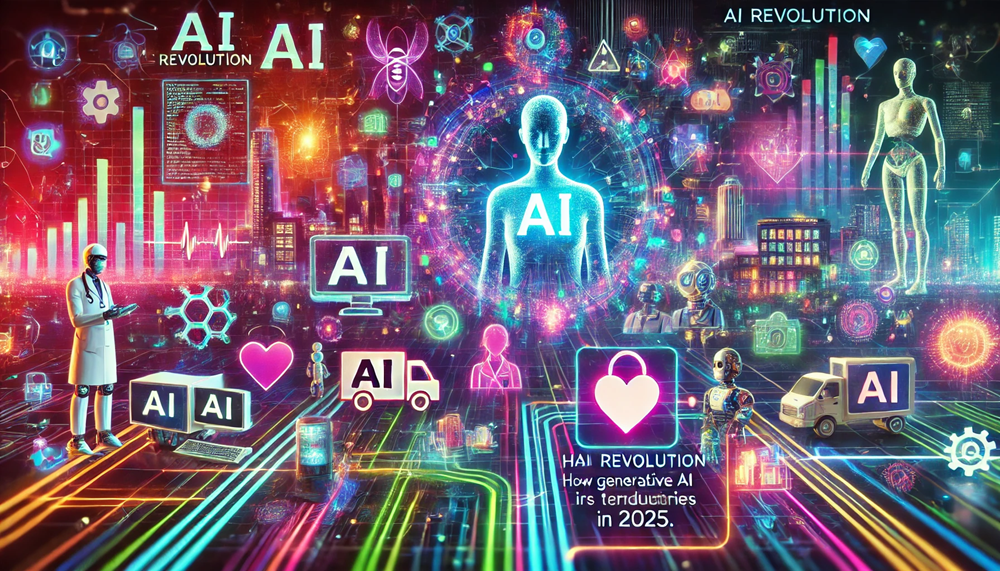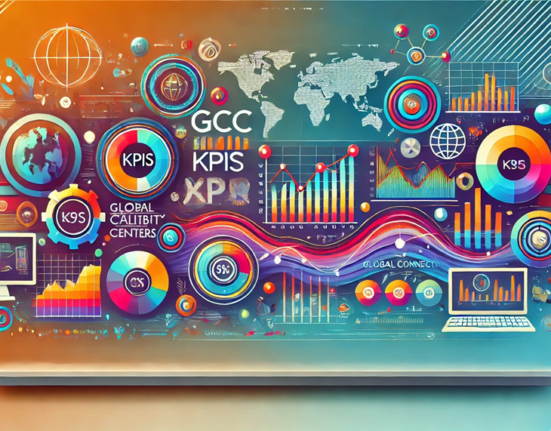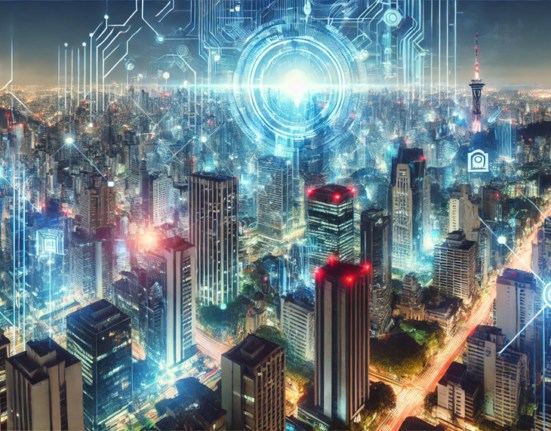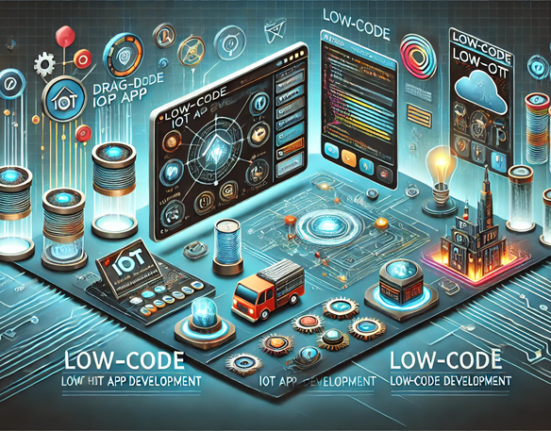Generative AI will redefine industries globally in 2025, with an impact that will reach healthcare, finance, education, entertainment, and beyond. According to a recent report by McKinsey, 70% of global companies are now integrating generative AI into their workflows, up from 40% in 2023, resulting in productivity gains of over 20% in key sectors.
Transformations in Key Sectors
- Healthcare: Generative AI models like DeepMind’s AlphaFold are accelerating drug discovery, cutting research timelines from 5 years to just a few months. AI-powered diagnostic tools are now accessible in rural areas, where they analyze patient symptoms and suggest treatment plans with 85% accuracy.
- Finance: AI is reshaping financial forecasting, fraud detection, and personalized banking. Companies like JP Morgan report using AI to predict stock trends with 90% accuracy, leading to smarter investment strategies.
- Education: Generative AI platforms such as Khanmigo are creating personalized learning experiences, adapting to individual student needs and improving academic performance by 30%, as per a study by Stanford University.
While the opportunities are vast, challenges persist. Regulatory bodies, including the EU’s AI Act, are implementing guidelines to ensure ethical AI use, addressing issues such as data bias, privacy concerns, and job displacement.
Generative AI, one of the most transformative technologies of our time, is reshaping industries globally in 2025. With the global generative AI market projected to exceed $250 billion this year, businesses are leveraging its capabilities to enhance creativity, efficiency, and problem-solving. Industries such as entertainment, healthcare, retail, and finance are at the forefront of this revolution.
Key Innovations Across Industries
In the entertainment industry, generative AI is now responsible for creating 25% of all digital content, including films, music, and advertisements. Disney and Netflix use AI tools to generate scripts and storyboards, reducing production timelines by 40%. Similarly, in retail, AI-powered platforms analyze customer behavior in real-time to offer hyper-personalized shopping experiences, increasing customer retention rates by 50%, according to reports from McKinsey.
In healthcare, tools like DeepMind’s AlphaFold have revolutionized protein structure prediction, enabling researchers to fast-track the discovery of treatments for complex diseases. Generative AI also plays a critical role in drafting medical research papers, diagnosing rare diseases, and personalizing patient care.
Opportunities and Challenges
While generative AI promises immense potential, concerns about ethics and job displacement remain prevalent. A recent survey by Pew Research found that 62% of professionals fear job loss due to automation. Governments worldwide are stepping in with AI regulations, such as the EU’s AI Act, to ensure ethical and transparent AI practices.
Generative AI’s ability to innovate across sectors demonstrates its transformative power. However, addressing challenges like bias, privacy, and accountability will be crucial to ensuring its responsible deployment.

